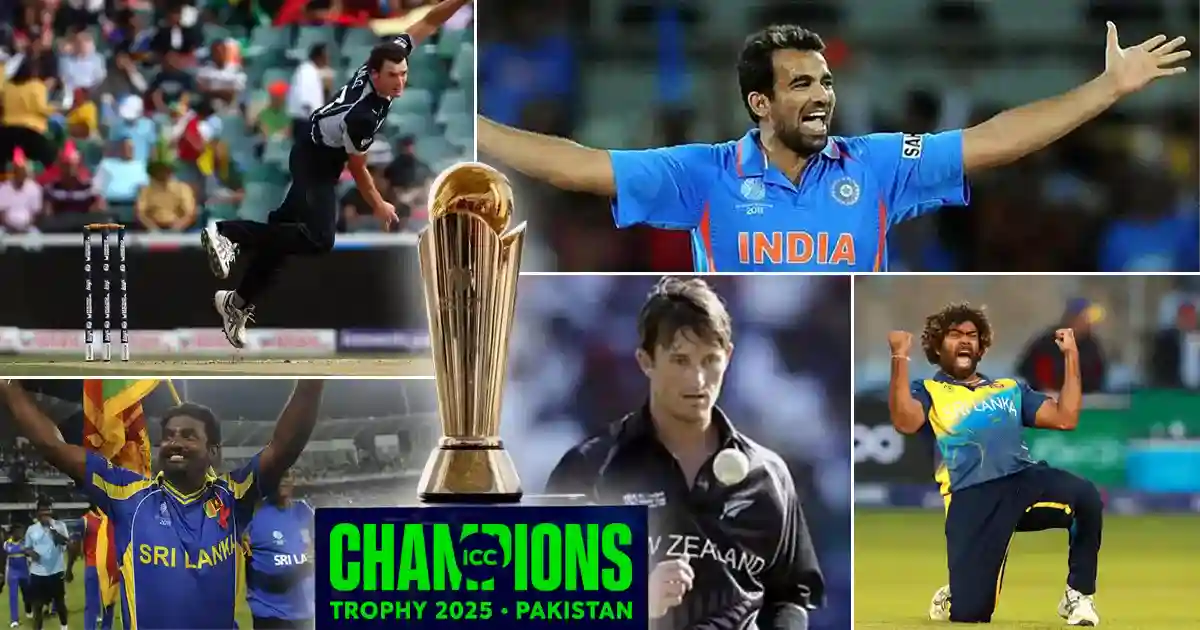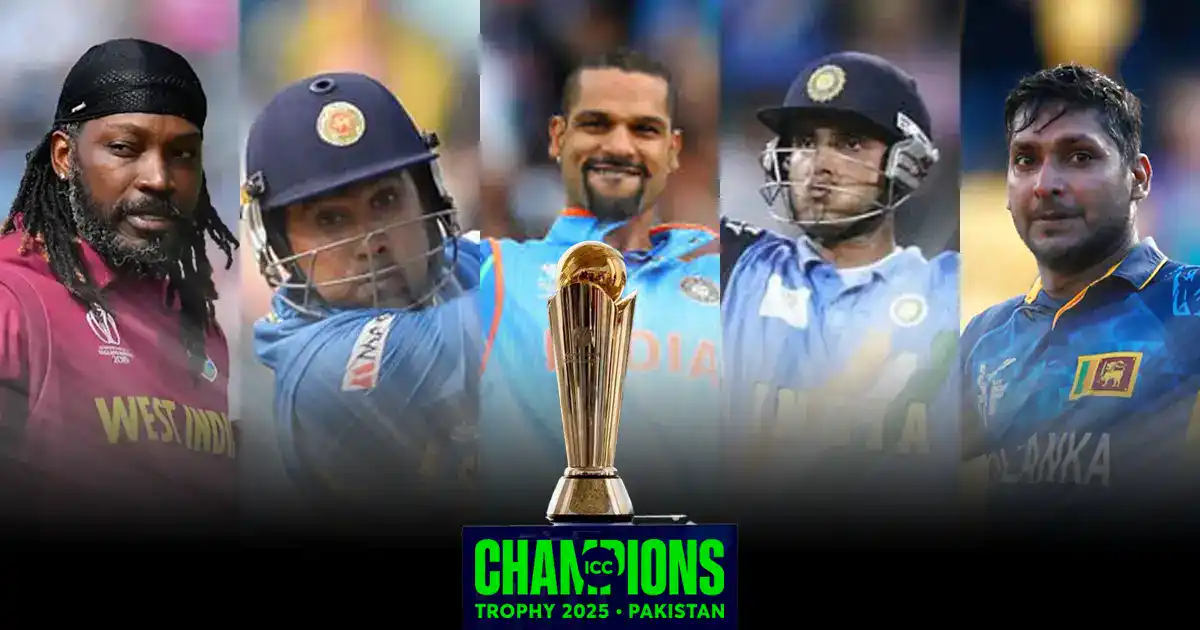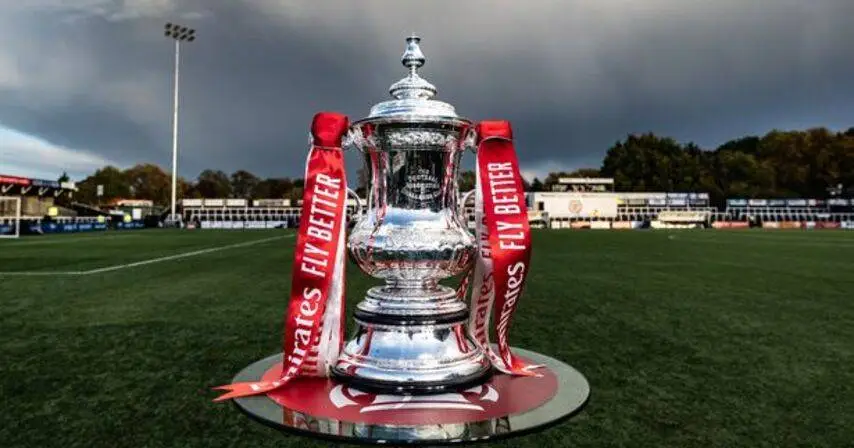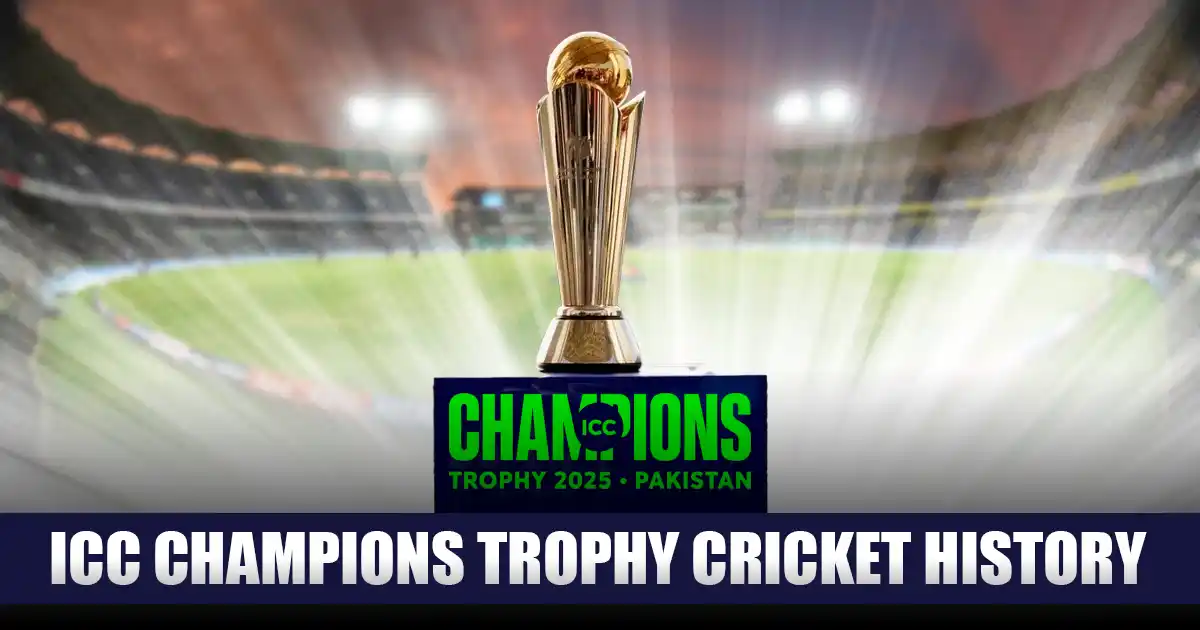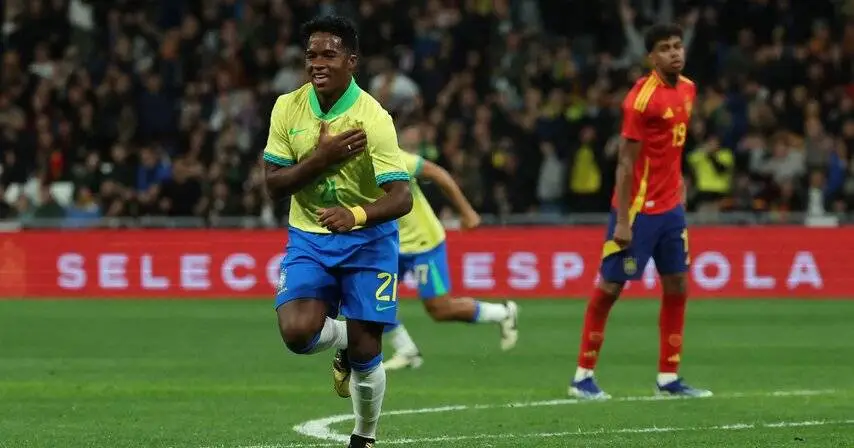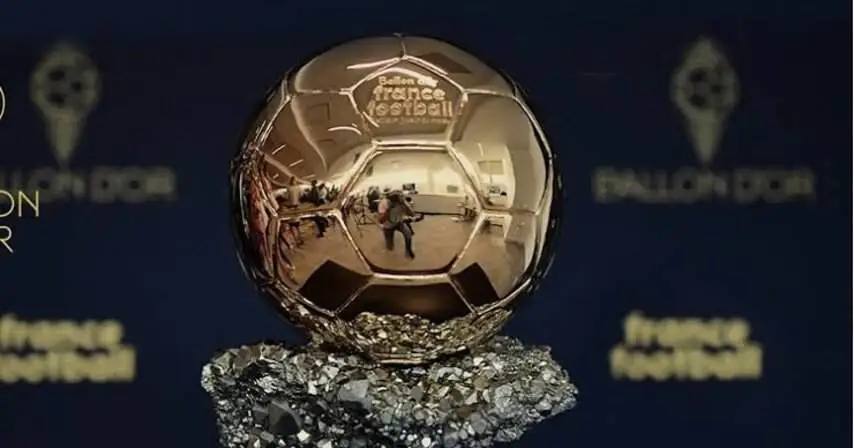
3 Biggest Ballon d’Or Snubs in Recent Football History
The Ballon d'Or is often considered the pinnacle of individual achievement in football, awarded to the player who has distinguished themselves as the very best across a calendar year. However, while the honor is monumental, it has sparked its fair share of controversies, with some all-time greats failing to secure it and others seemingly robbed of their well-deserved glory.
In light of Vinicius Junior’s shocking snub last night, we decided to take a look at three other legends that suffered the same fate. So, without further ado, here are the three most notable Ballon d’Or snubs in recent history.
1) Thierry Henry (2003)
Few players in the early 2000s could match Thierry Henry’s skill, finesse, and sheer impact on the pitch. In 2003, Henry was not only Arsenal's talisman but arguably the best player in the world. Coming off a stellar season, he led Arsenal with a jaw-dropping 24 goals and 20 assists, ending as the Premier League's top scorer while consistently delivering performances that left fans and pundits awestruck. He was pivotal in Arsenal's success, and his influence spread beyond England. That year, he helped France lift the Confederations Cup and secured the Premier League's Player of the Season award.
However, in the 2003 Ballon d'Or race, Henry was controversially beaten by Juventus’s Pavel Nedvěd. Although Nedvěd had an outstanding season himself, leading Juve to a Serie A title and a Champions League final, many argued Henry’s complete package deserved the top prize. The award to Nedvěd sparked debate, as Henry's prolific goal-scoring, combined with his playmaking ability, had set a standard few could match. The 2003 snub remains an enduring debate, with fans contending that Henry, with his electrifying style and consistency, deserved to etch his name in Ballon d'Or history.
2) Wesley Sneijder (2010)
Wesley Sneijder's 2010 season is widely regarded as one of the most accomplished campaigns by a midfielder in modern football. Playing under José Mourinho at Inter Milan, Sneijder was at the heart of Inter's extraordinary treble-winning season, which saw them claim the Serie A title, Coppa Italia, and the UEFA Champions League. The Dutch playmaker’s vision, passing, and knack for scoring crucial goals made him an essential cog in Inter's success. His presence allowed Mourinho's side to conquer Europe, and his performances continued in the international arena. Sneijder led the Netherlands to the World Cup final in South Africa, finishing as the tournament's joint-top scorer and winning four Man of the Match awards.
Despite this historic season, the 2010 Ballon d'Or went to Lionel Messi, a decision that left fans and analysts stunned. While Messi had an outstanding year at Barcelona, his Argentina side was knocked out in the World Cup quarterfinals, and Barcelona fell short of European glory. Sneijder, by comparison, had achieved unprecedented success both in Europe and on the global stage. His omission from the Ballon d'Or podium is still cited as one of the greatest oversights in the award’s history. Sneijder’s snub underscored a larger conversation about the Ballon d'Or's preference for forwards and goal-scorers, often at the expense of players like Sneijder, who might not score as frequently but drive a team’s success in every other way.
3) Franck Ribéry (2013)
Franck Ribéry was simply unstoppable in 2013. As a vital component of Bayern Munich's triple-winning squad, Ribéry was the architect of one of the most dominant club performances of the modern era. With his electric dribbling, unselfish playmaking, and uncanny ability to deliver under pressure, Ribéry was instrumental in Bayern’s victories in the Bundesliga, DFB-Pokal, and UEFA Champions League. In fact, his contributions in 2013 were often viewed as more influential than the top-scoring players, since Bayern’s success came from the balance and flair Ribéry brought to the team.
Yet, in the 2013 Ballon d'Or voting, Ribéry lost out to Cristiano Ronaldo. Despite Ronaldo's remarkable 69 goals for Real Madrid and Portugal that year, his club finished without any major silverware. This led many to argue that Ronaldo's goal-scoring exploits overshadowed the holistic impact that Ribéry had on Bayern's season. Ribéry himself expressed disappointment, calling it a "political choice" in favor of Ronaldo and Messi, who had dominated the award for years. Ribéry’s snub brought renewed criticism of the Ballon d'Or voting system, as many fans and pundits felt that his achievements were sidelined in favor of individual goal tallies. The 2013 award reinforced the notion that attackers, especially those scoring prodigiously, are often given priority, regardless of whether they’re the most impactful players.
The Problem with Ballon d’Or
These snubs are not just missteps in the Ballon d'Or’s history—they're emblematic of a broader debate on how individual awards in team sports should be determined. Should goals and individual flair outweigh contributions to team success and trophies? Or should titles and collective impact take precedence over individual records? Each of these cases reflects the complexity and sometimes frustrating nature of evaluating talent and success in a sport where teamwork is paramount.
In the end, these players have earned their places in football’s lore, even if the official accolade eluded them. The Ballon d'Or snubs of Henry, Sneijder, and Ribéry continue to spark discussion and serve as a reminder that greatness can’t always be captured in trophies alone. They remain celebrated, not just for the goals they scored or assists they provided, but for the creativity and drive they brought to the beautiful game.
